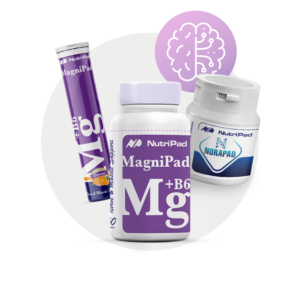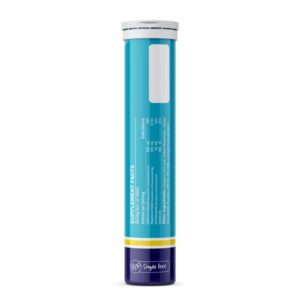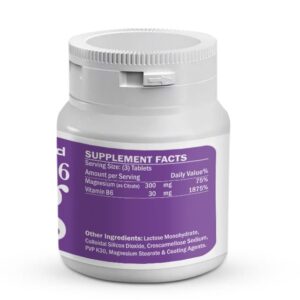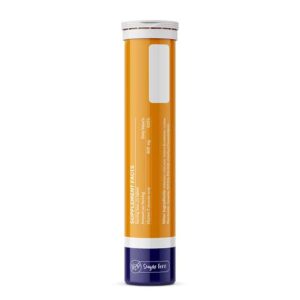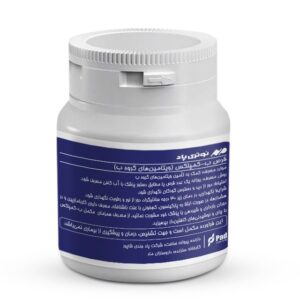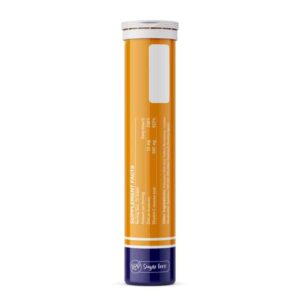Do supplements help reduce “anxiety”?
Anxiety is the most prevalent psychiatric disorder. About 30% of the population experience anxiety disorders during their lifetime. A normal level of anxiety is considered a physiological mechanism that help protecting us from dangers and escaping from difficult situations. But long-term anxiety and stress precipitate many harmful physical and mental effects and require treatment. Anxiety may be associated with or exacerbate other psychiatric disorders such as depression. Accurate assessment of anxiety requires a clinical psychiatric interview, but many people, despite experiencing anxiety and excessive stress, do not pay enough attention to treat or reduce anxiety. Non-pharmacologic treatments such as “cognitive therapy” also have a place in alleviating anxiety. But the anxiety may become so severe that interfere with thinking process. Decreased concentration, multiple thoughts during sleep, early morning or midnight waking up with the slightest stimulus and then not being able to fall asleep again are all signs of anxiety. In severe cases, it may be necessary to use anxiolytic drugs to improve the situation. However, deficiency in some vitamins and minerals may play a role in the aggravation or occurrence of anxiety, and eradicating deficiency in these minerals and vitamins can improve the anxiety.
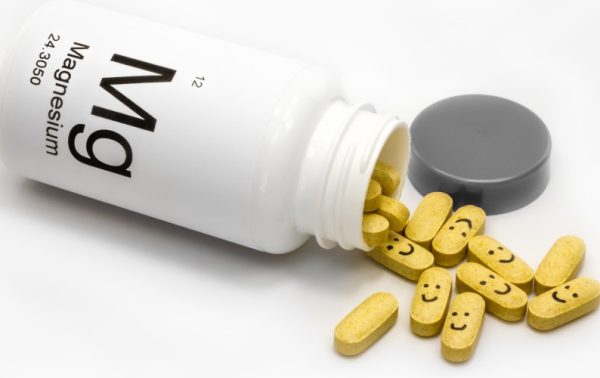
Perhaps the most important mineral in this regard is magnesium. Magnesium deficiency is very common. About one-third to one-half of the general population has some degree of magnesium deficiency. It is noteworthy that the normal level of magnesium in the blood does not represent sufficient amount of magnesium in the whole body, because the magnesium ion is an intracellular ion, and the evaluation of the total amount of magnesium in the body requires more complex tests. The daily need for magnesium is between 300 to 400 milligrams, depending on age and sex. But many people get less than this amount through their diet. Using magnesium as a supplement for periods of 6 to 8 weeks has been able to significantly reduce anxiety symptoms. Taking magnesium supplements may have a positive effect on depression. In addition, magnesium is necessary for several hundred metabolic and enzymatic reactions in the body. Magnesium is also necessary for the production of neurotransmitters such as serotonin and GABA in the nervous system, and disturbances in these neurotransmitters is related to anxiety and depression.
Potassium deficiency also cause anxiety and nervous system irritability. But potassium deficiency is not very common in people without underlying diseases. However, patients hospitalized in critical care unit and patients who are fed intravenously and patients with poorly controlled diabetes are prone to potassium deficiency.
Some medicines predispose patients to magnesium or potassium deficiency. For example, some diuretics with important cardiovascular indications may cause magnesium or potassium deficiency as a side effect. Drugs that reduce the secretion of stomach acid may cause deficiency in minerals like magnesium due to the interference in the absorption of metal ions.
Anxiety may also affect the quality of sleep, and taking magnesium may improve sleep quality by reducing the excitability of the nervous system.

Adequate intake of group B vitamins and especially vitamin B1 are also important for prevention or alleviating anxiety disorders. Vitamin B1 deficiency is more common in people with anxiety than in the normal population, and administration of vitamin B1 alone or in combination with other B vitamins has been effective in reducing anxiety symptoms. Some of the B vitamins are produced by microorganisms that live naturally in the intestines. For this reason, the use of broad-spectrum antibiotics, by destroying beneficial intestinal microbes, may reduce the production of group B vitamins, and on the other hand, the use of probiotics that help return the intestinal microbial flora to normal, may plays a role in improving anxiety.
Vitamin D3 is probably effective in reducing anxiety symptoms by counteracting the effect of cortisol (a hormone that increases during stress and anxiety). Vitamin D deficiency is very prevalent. In the United States, about 40-50 percent of the population has some degree of vitamin D deficiency, and in Iran, the prevalence of vitamin D deficiency is not lower than the United States.
Note that stress and anxiety, apart from mental effects, may facilitate the incidence of diabetes, hypertension and other cardiovascular diseases as well as heart attacks in the long term. Therefore, always pay attention to eliminate the causes of anxiety and stress from your life and consult a doctor for the treatment of anxiety disorders and note that the prolongation of anxiety may make their treatment difficult.






